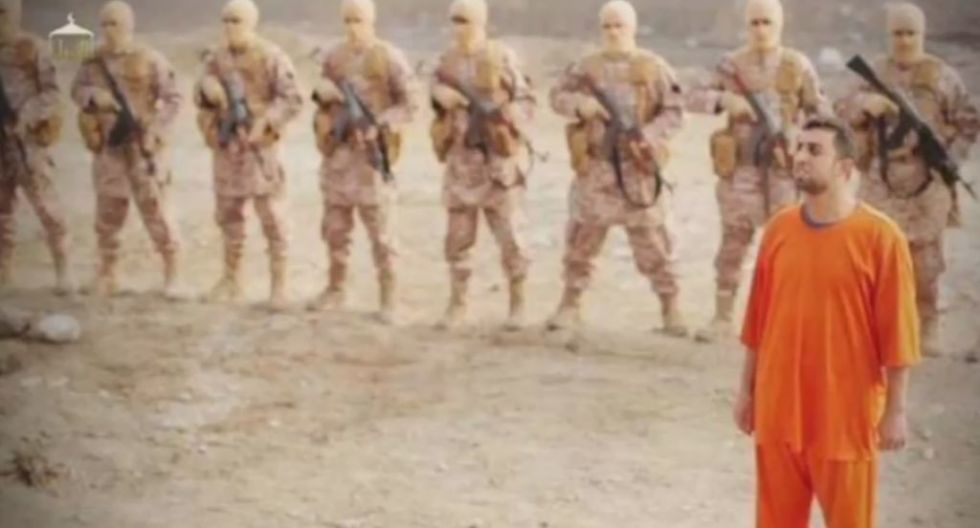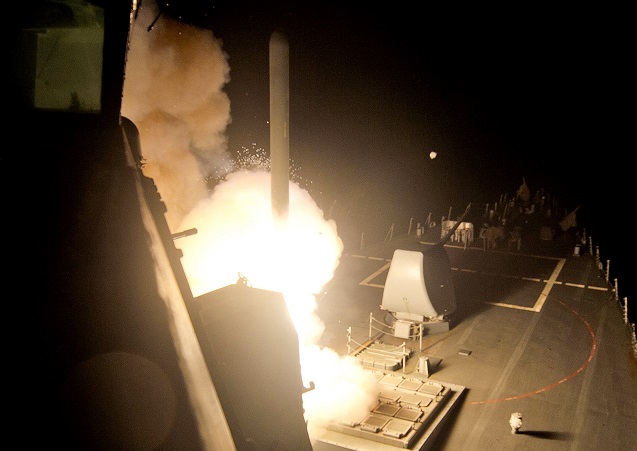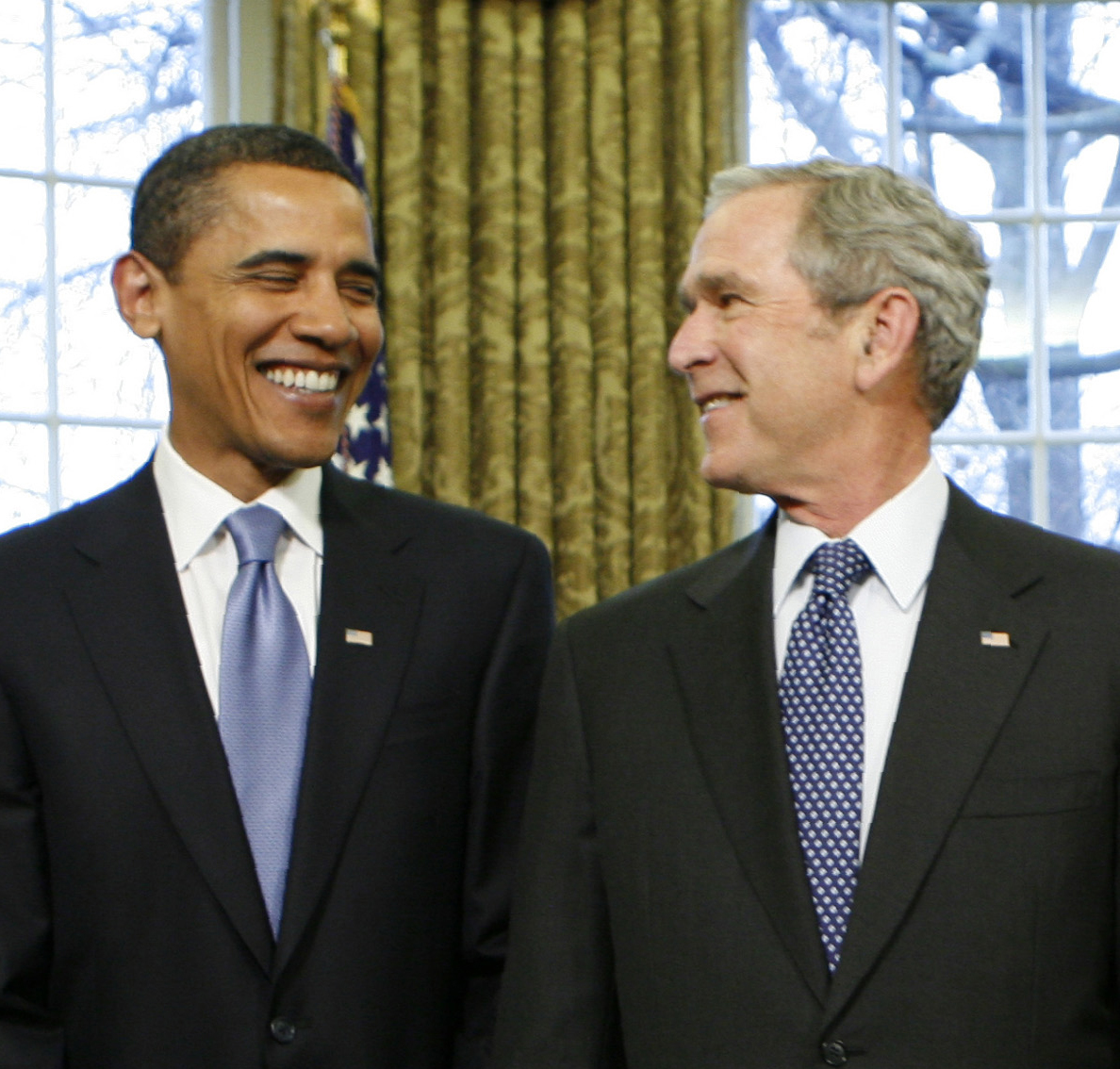Tag: Jordan
-

On the Strategic Logic of ISIL’s Atrocities
Following ISIL’s immolation Moaz al-Kasasbeh, many attributed the viciousness of his execution to the fact that he was a Jordanian pilot. The narrative is that the coalition airstrikes have been devastating for ISIL, and this extreme act was a desperate bid to dissuade allied forces from further strikes. By this logic, their tactic backfired: not…
-

Rethinking ISIL’s Immolation of Moaz al-Kasasbeh
One of the most popular narratives about ISIL’s recent immolation of Jordanian Moaz al-Kasasbeh is that the group resorted to such brutal measures against the pilot because they are desperate—pushed to the brink by coalition airstrikes. However, there are four major problems with this interpretation:
-

Critical Context on the U.S. Airstrikes in Syria
The Obama Administration has just announced that they and their coalition allies have begun a fierce campaign of airstrikes in Syria, bombing primarily “hard-targets” in the IS stronghold of Raqqa (about 20 of them). Here’s what is known—and perhaps more importantly—what is not known so far: “Sunni Arab” Partners The U.S. was the only non-Arab actor to participate in the…
-

Barack Hussein Obama, Moderate Neoconservative
In early 2003, Saddam Hussein’s regional and international allies were all warning him that an American invasion was imminent. Hussein’s reply was basically, “I know Washington’s tone is getting aggressive, but they aren’t going to try to remove me. I’m the only one in the region who is really taking the fight to the terrorists…
-

The Arab Spring’s Third Wave
Insofar as it is helpful or accurate to understand the “Arab Spring” as a meta-movement which began with the December 17, 2010 self-immolation of Mohammad Bouazizi, we can break it into a few significant “waves.” The first wave of revolutions in Tunisia and Egypt were quick, peaceful and orderly, relative to the second wave with…